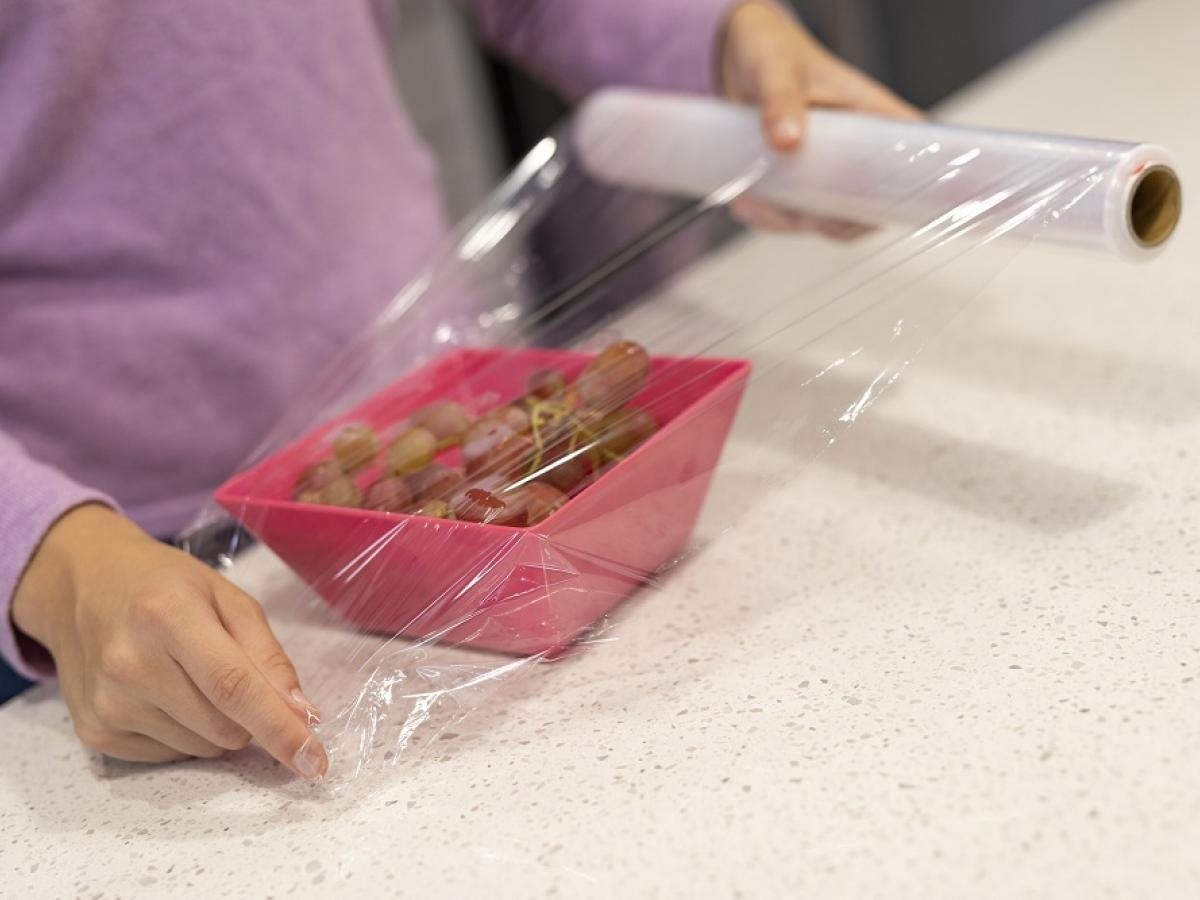
Image Credit: The University of Adelaide
We have upcycled polyethylene plastic waste into ethylene and propionic acid with high selectivity using atomically dispersed metal catalysts. n oxidation-coupled room-temperature photocatalysis method was used to convert the waste into valuable products with high selectivity. Nearly 99 percent of the liquid product is propionic acid, alleviating the problems associated with complex products that then require separation.
Shizhang Qiao, Chair of Nanotechnology, Director, Centre for Materials in Energy and Catalysis, School of Chemical Engineering and Advanced Materials, The University of Adelaide
He added, “Renewable solar energy was used rather than industrial processes that consume fossil fuel and emit greenhouse gases. This waste-to-value strategy is primarily implemented with four components, including plastic waste, water, sunlight and non-toxic photocatalysts that harness solar energy and boost the reaction. A typical photocatalyst is titanium dioxide with isolated palladium atoms on its surface.”
Nowadays, the majority of plastics are thrown away and wind up in landfills. The most common plastic in use worldwide is PE. PE is used to make reagent bottles, shopping bags, and everyday food packaging. It also makes up the greatest amount of plastic waste, much of which is disposed of in landfills, endangering the ecology and environment of the entire planet.
Qiao further added, “Plastic waste is an untapped resource that can be recycled and processed into new plastics and other commercial products. Catalytic recycling of PE waste is still in early development and is practically challenging because of chemical inertness of polymers and side reactions arising from structural complexities of reactant molecules.”
PE waste is being recycled chemically at temperatures above 400 degrees Celsius, producing complicated product compositions.
Propionic acid is also in high demand because of its antiseptic and antibacterial qualities, while ethylene is an essential chemical feedstock that can be further processed into several industrial and everyday items.
By addressing current energy and environmental issues, the team’s effort hopes to promote a circular economy. It will help with waste management, chemical production, and future scientific research.
“Our fundamental research provides a green and sustainable solution to simultaneously reduce plastic pollution and produce valuable chemicals from waste for a circular economy. It will inspire the rational design of high-performance photocatalysts for solar energy utilization and benefit the development of solar-driven waste upcycling technology,” Qiao concluded.
Journal Reference
Zhang, S, et. al. (2023) Photocatalytic production of ethylene and propionic acid from plastic waste by titania-supported atomically dispersed Pd species. Science Advances. doi:10.1126/sciadv.adk2407